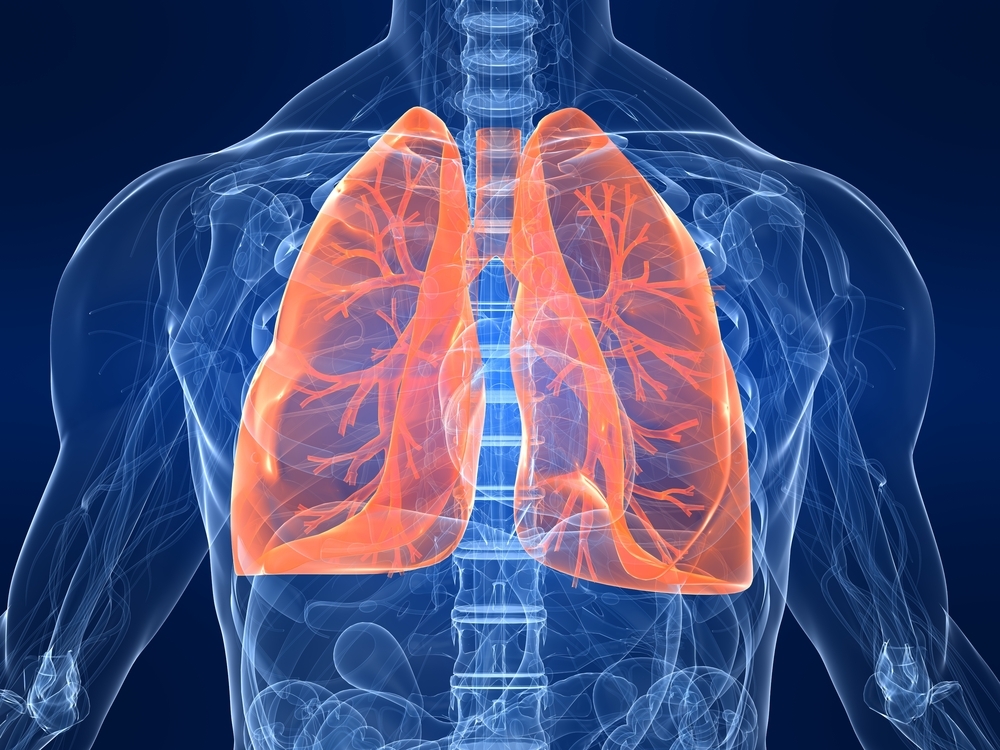The report reveals that the underlying technology that drives this trend is referred to as computer vision, and its diagnostic applications are leveraged by wide-ranging specialists….reports Asian Lite News
The global market for Artificial Intelligence (AI) in the medical devices industry is set to grow at a compound annual growth rate (CAGR) of 29.1 per cent from $336 million in 2023 to $1.2 billion in 2027, according to a report released on Wednesday.
The report by GlobalData, a data and analytics company, showed that it’s driven by the demand for healthcare systems to reduce time, costs, and missed detections when diagnosing a growing number of patients with complex profiles.
“A common use of AI in healthcare has been in diagnostic settings, where the speed and accuracy of diagnosing difficult-to-identify image abnormalities by the human eye are flagged by AI algorithms,” said Brian Hicks, Senior Analyst of Medical Devices at GlobalData, in a statement.
“The consequence of this is that more patient profiles can be reviewed while also minimising any potential misdiagnoses,” he added.
The report reveals that the underlying technology that drives this trend is referred to as computer vision, and its diagnostic applications are leveraged by wide-ranging specialists.
The use of AI in decreasing error rates of cancer detection has already been well demonstrated, where one study as far back as 2016 showed that pathologists who had utilised AI in detecting cancer-positive lymph nodes had reduced their error rate from 3.4 per cent to 0.5 per cent.
“Furthermore, due to the ability of AI to flag potential indication-positive cases in a fraction of the time it takes for physicians, with similar if not greater accuracy, many additional patient profiles can be reviewed with unprecedented speed,” Hicks said.
Various companies are specialising in medical imaging using AI and its associated deep learning technology.
GlobalData research reveals that most of the AI-related investments in the medical industry are poured into those within the imaging and diagnostic spaces, as more traditional hardware and surgical instrument-focused MedTech companies have relatively limited opportunities to incorporate such technologies into their products.
“The importance of early detection of any indication cannot be understated; thus, the ability for AI to improve and analyse difficult-to-detect tissue abnormalities, symptoms, and complex patient profiles will enable earlier interventions and patient outcome,” Hicks said.













